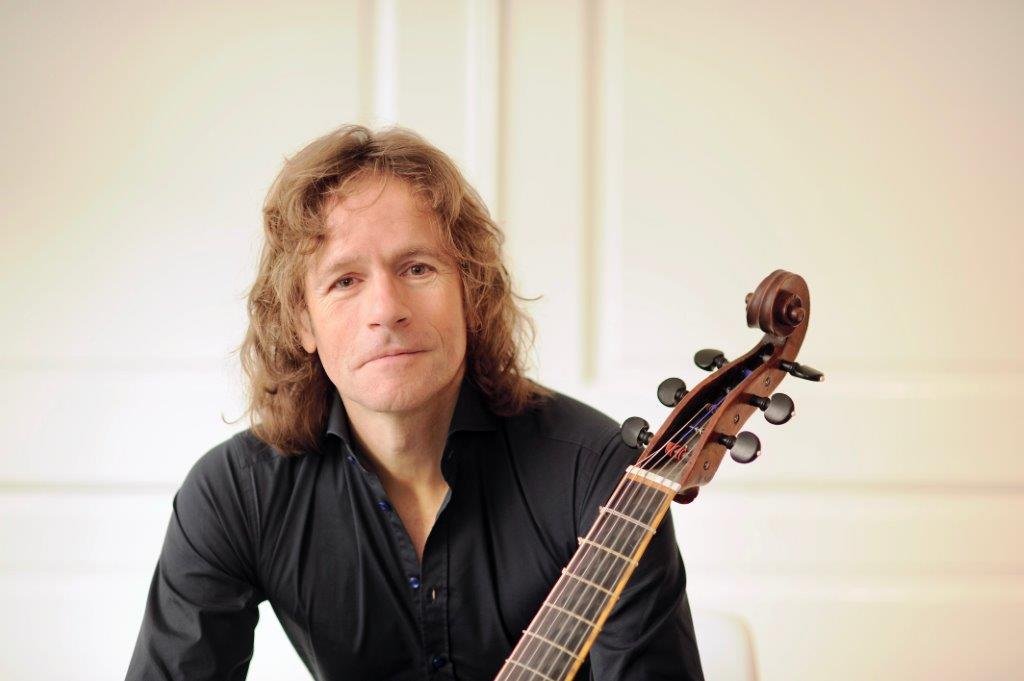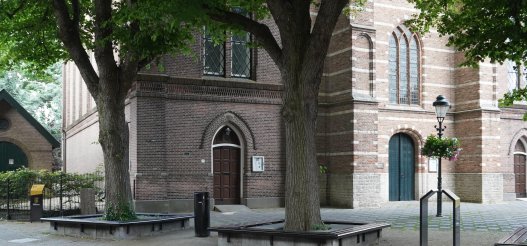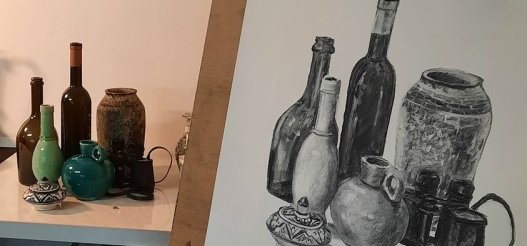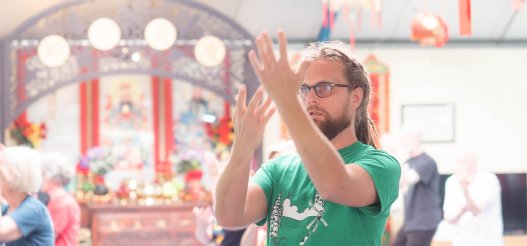
Tea for two - Musica Antica op Kasteel Duivenvoorde
Niets zo Engels als de viola da gamba. De virtuoze gambisten Ralph Rousseau en Constance Allanic zijn zeer aan elkaar gewaagd en spelen muziek van Locke, Simpson en Ward, Couperin en Sainte-Colombe.
Nothing so English as the viola da gamba; in Italy, people even called the instrument viola all'inglese. The viol went through an extraordinary development in the seventeenth century. From a consort instrument of which you needed 3 to 6 together to build a sonorous harmony, the gamba increasingly changed into a virtuoso solo instrument, where a single accompanying bass could suffice. English composers played a crucial role in this. Their way of improvising and embellishing, called divisions, demanded more and more from the performer, and chord playing also flourished. It is intimate, sometimes even clandestine music: when puritanism was rampant in the time of Oliver Cromwell, chamber music could only be made in secret.
The gamba was also held in high regard in France. The famous gamba composer Monsieur de Sainte-Colombe led such a reclusive life that we are not even sure what his real name was. And François Couperin may have been a very famous composer, but his music for two viols was only heard by a handful of privileged people in his time.
Virtuoso gambists Ralph Rousseau and Constance Allanic are very much alike, constantly switching roles in compositions by Locke, Simpson and Ward, with a foray across the canal into Couperin and the mysterious Monsieur de Sainte-Colombe.
Downloads
Prices
€ 31,50



